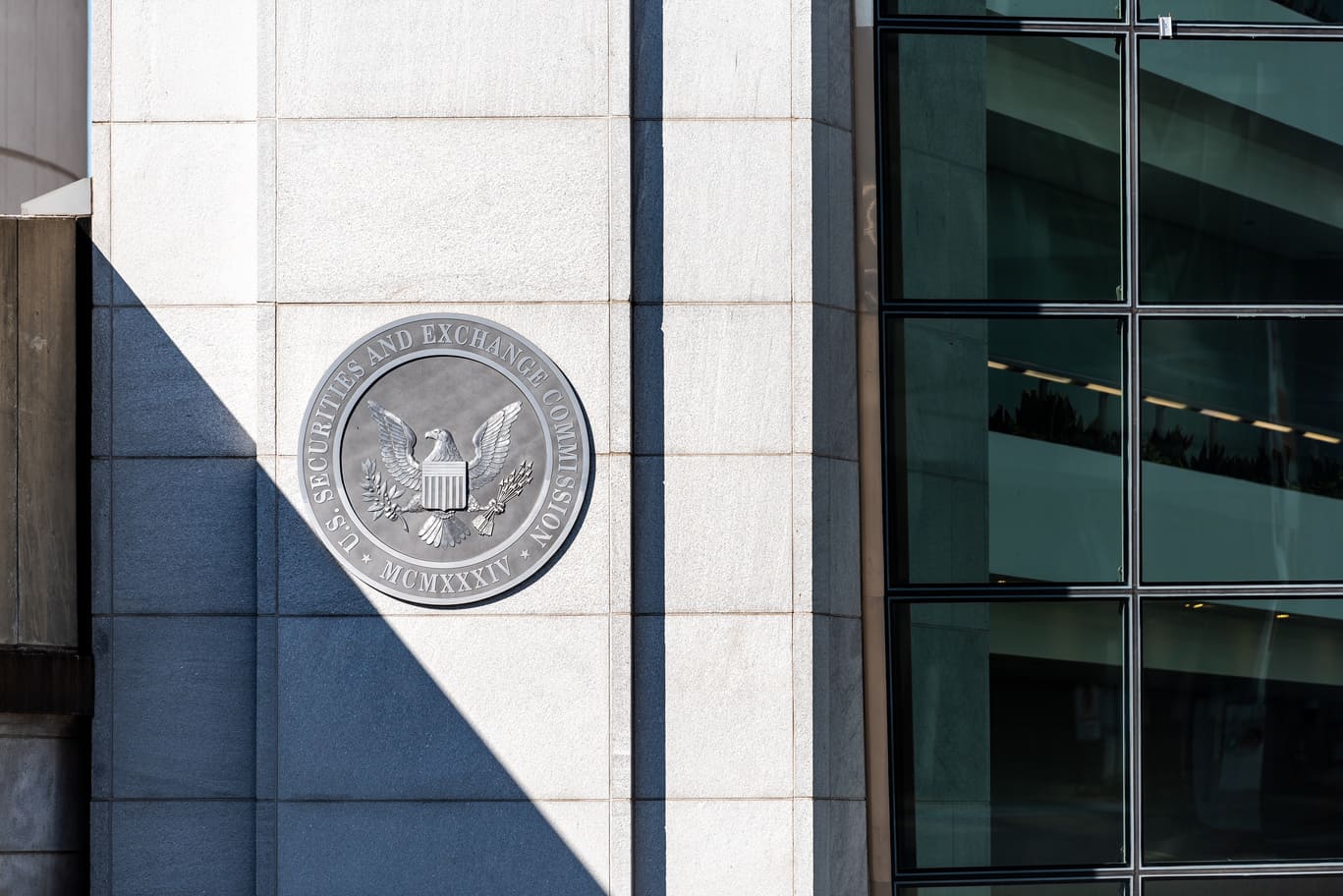
UK Government To Regulate The Cryptocurrency Sector After FTX Crash
The government aims to enforce standards that are robust and provide confidence, credibility, and regulatory clarity for the sector.
The UK government is proposing regulations for the cryptocurrency sector with the aim of managing the risks associated with a "turbulent industry" that had a calamitous year, with assets collapsing in value by an estimated 75% from their peak of about $3 trillion in November 2021.
According to the BBC, the Treasury says its proposals - which it's now consulting on - will:
- lay down rules on crypto-asset promotions which are fair, clear and not misleading;
- enhance data-reporting requirements, including with regulators;
- implement new regulations to prevent so-called pump and dump, where an individual artificially inflates the value of a crypto asset before selling it.
The government plans to use existing regulations for the financial services industry instead of creating a new, separate set of regulations for the cryptocurrency sector. This approach is intended to provide confidence, credibility, and regulatory clarity for the sector and to create a level playing field between traditional and emerging financial services, where the principle is "same risk, same regulatory outcome." The Treasury aims to align the regulation of the cryptocurrency sector with the Financial Services and Markets Act 2000 (FSMA).
Ministers say the measures will "mitigate the most significant risks" of crypto technologies, while "harnessing their advantages". Economic Secretary to the Treasury Andrew Griffith said the government remained "steadfast in our commitment to grow the economy and enable technological change and innovation - and this includes crypto-asset technology. But we must also protect consumers who are embracing this new technology - ensuring robust, transparent and fair standards," he declared.
The government's consultation on its proposals for the regulation of the cryptocurrency sector will close on April 30th, and any responses will be considered by ministers. After legislation is passed by Parliament, the Financial Conduct Authority will be responsible for creating the specific rules that the sector must follow.





